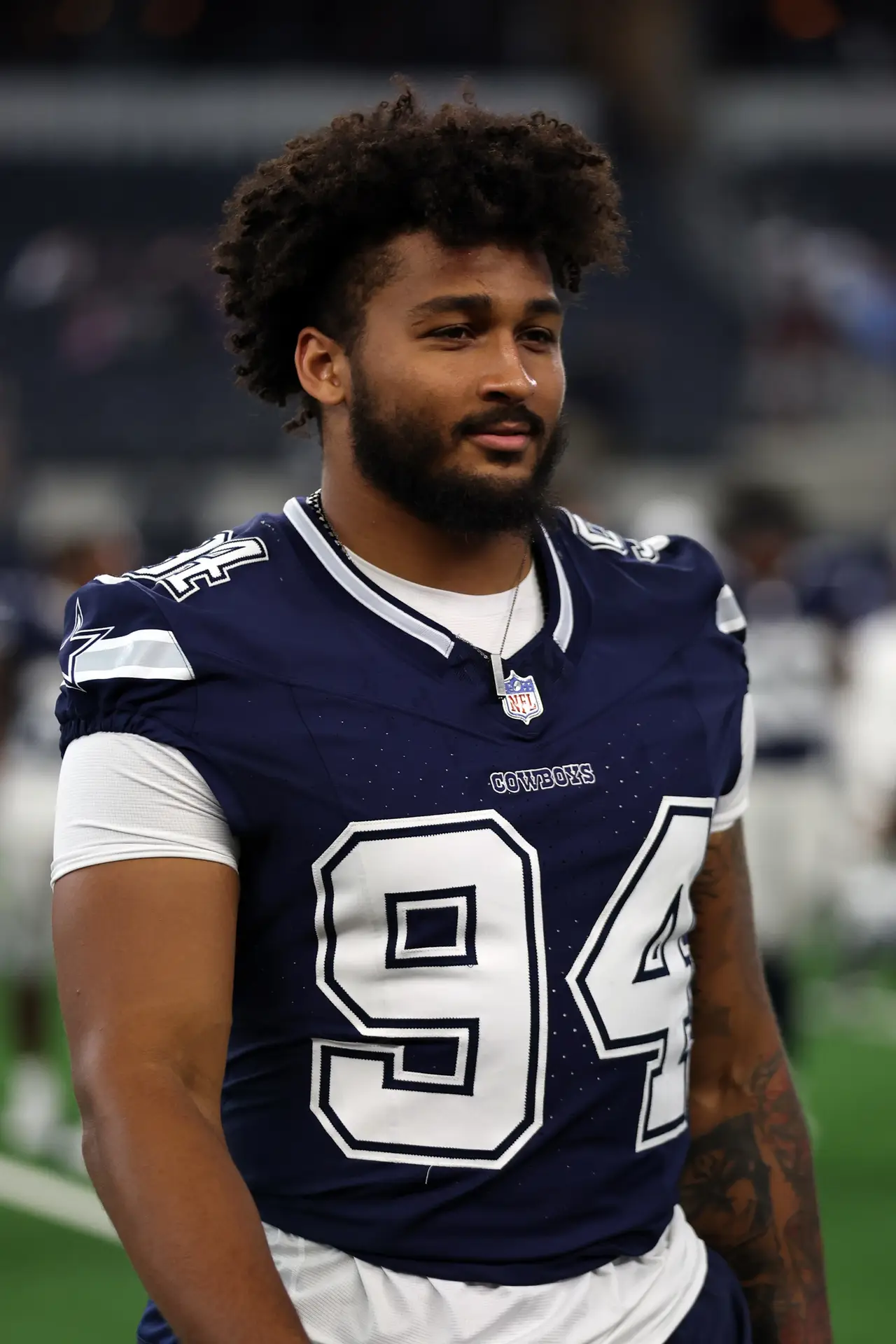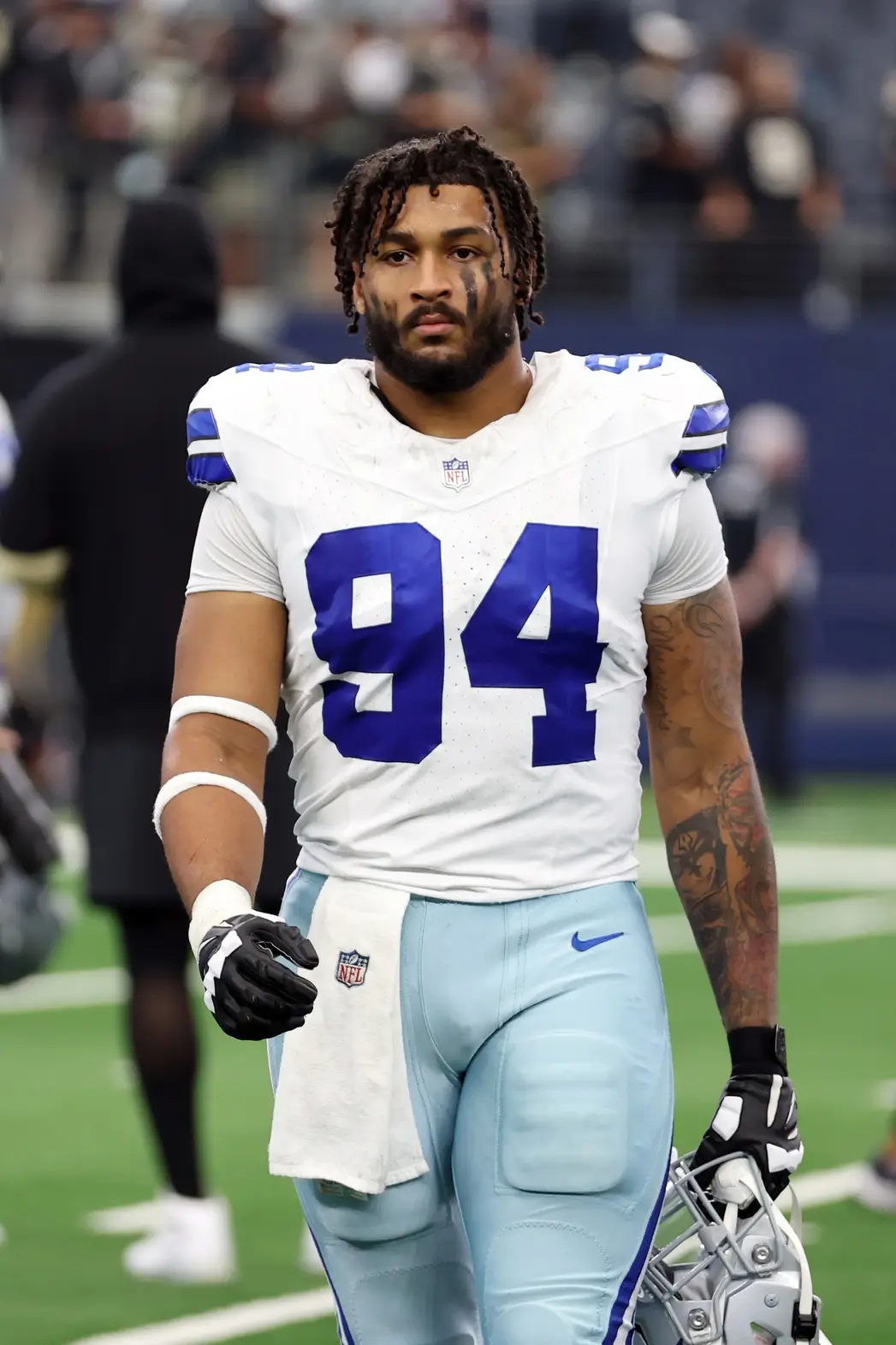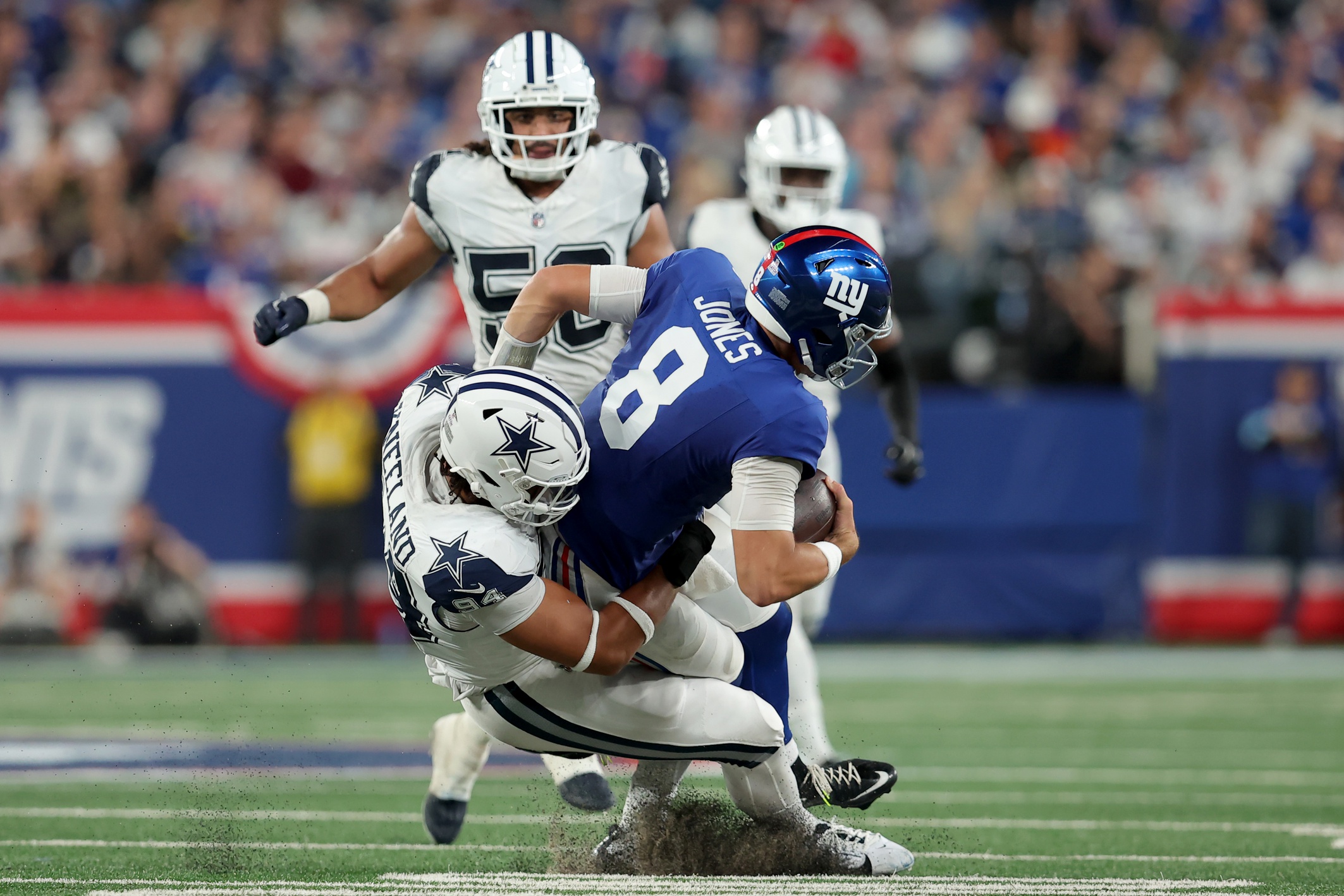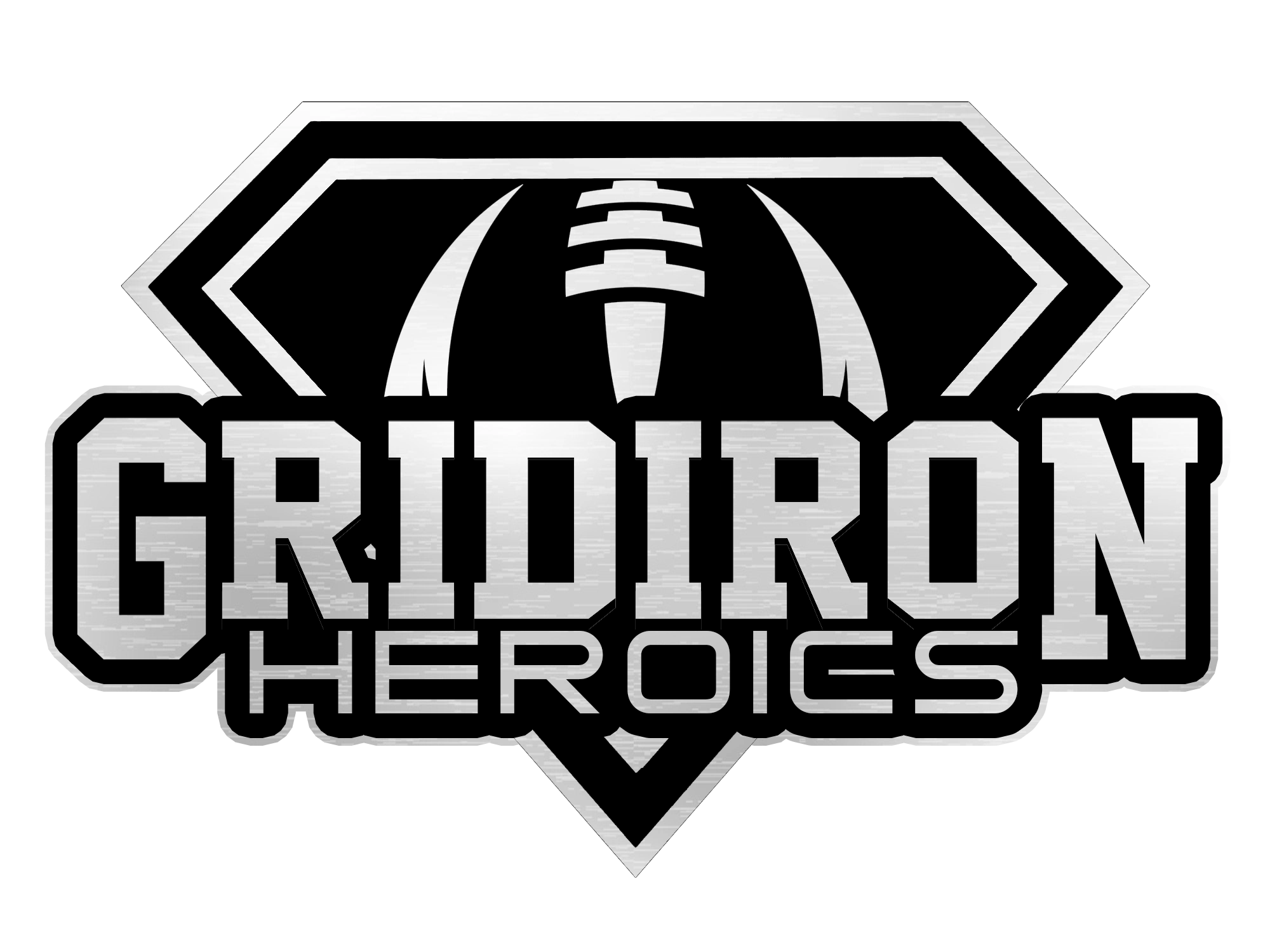Overall, the Dallas Cowboys pass rush has been a letdown throughout the first 11 weeks of the 2024 regular season. So far, the Cowboys rank T-23th in sacks, T-16th in pressures, and 25th in pass rush win rate. Part of their pass rush woes could be attributed to the injuries to their defensive ends, of which four of their top EDGE rushers have missed at least four games.
Highlighting one of their EDGE rushers who has missed at least four games is their promising rookie.
The Dallas Cowboys’ 2nd round rookie hasn’t played since Week 5

Marshawn Kneeland suffered a non-contact knee injury, and the medical staff carted him off the field during the first quarter of their Week 5 victory over the Pittsburgh Steelers. Kneeland avoided a catastrophic ACL injury but suffered a partially torn meniscus to his right knee, which required arthroscopic surgery. As a result, the Cowboys placed their promising rookie on injured reserve and missed six weeks and five games.
Also Read: Dallas Cowboys: Placed Promising Rookie On Injured Reserve Ahead of Week 6
He is inching closer to a return

According to Patrik Walker of DallasCowboys.com, the Dallas Cowboys have designated Marshawn Kneeland along with Brandin Cooks for return and effectively opened their practice windows. Both players have 21 days to practice with the team before they can return to the active roster. If neither player practices in that time frame or the Cowboys choose not to activate them, they will miss the rest of 2024.
Brandin Cooks, Marshawn Kneeland have both been designated to return to #Cowboys practice today.
Their 21-day window is now open.
— Patrik [No C] Walker (@VoiceOfTheStar) November 20, 2024
Will he play this week?

It’s too early to tell whether Marshawn Kneeland will play against the Washington Commanders on Sunday. Ultimately, Kneeland will likely practice during the week to see where he’s at in his recovery from his meniscus injury. If he feels good and is ready, he could return this week against the Commanders. If not, he will sit out for at least one more game.
Designating a player for return allows them to ease into practice rather than being rushed to play, potentially aggravating the original injury.
For More Great Gridiron Heroics Content:
Follow me on X @JacksonLoschko and follow us @GridironHeroics for more great content. If you have any questions, you can message me on Linkedin. To read more of our articles and keep up to date on the latest in NFL and College Football, click here.
Thank you for reading my articles. It is greatly appreciated.
Our Partners



